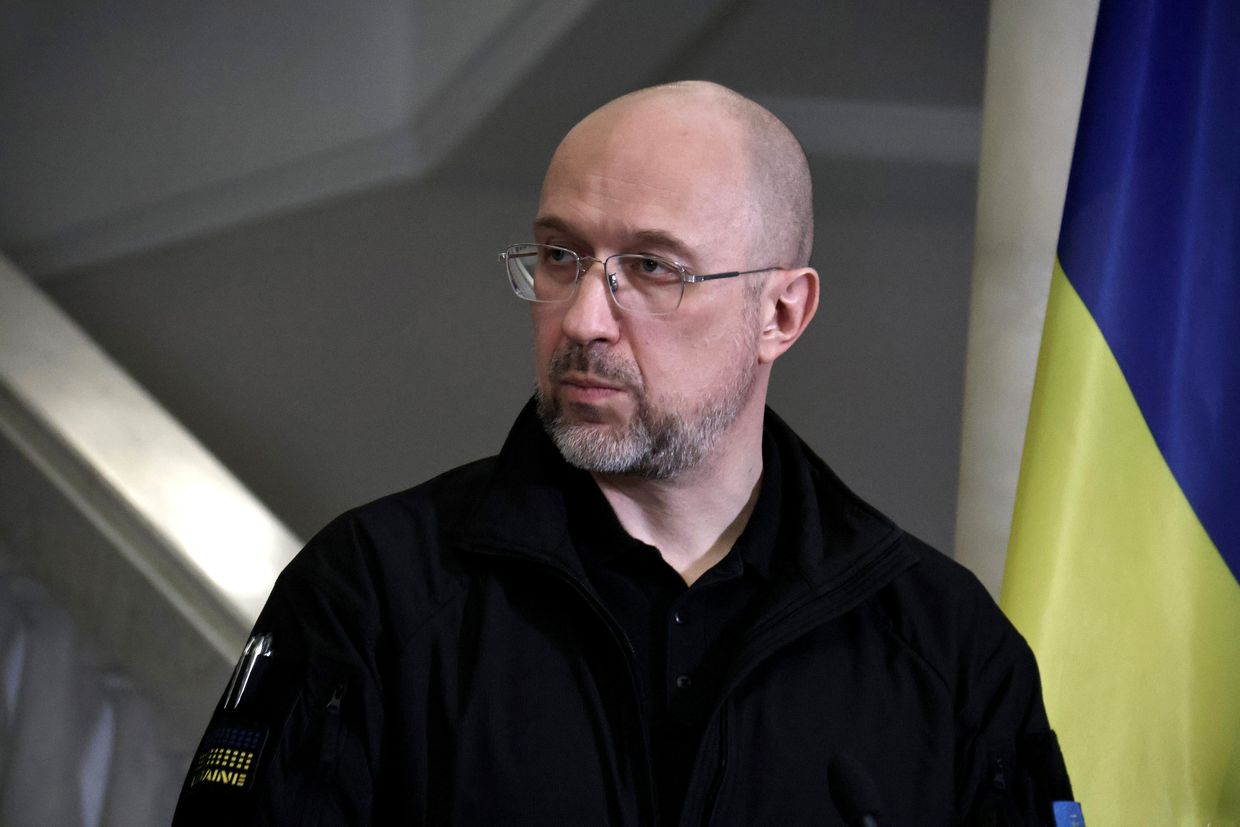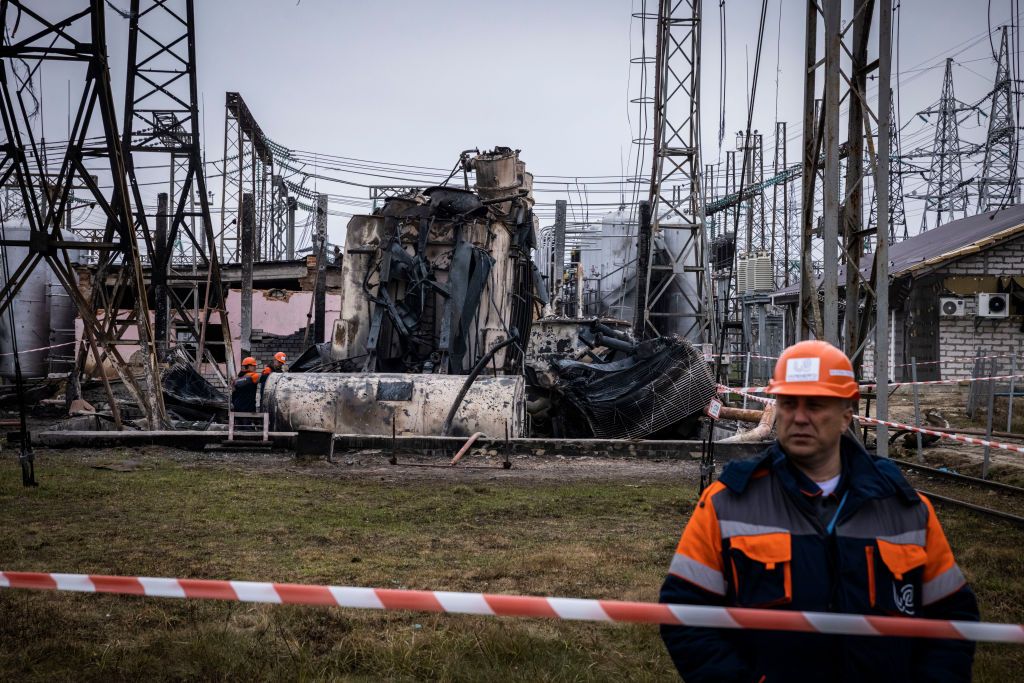Representatives of Ukraine's state energy grid operator, Ukrenergo, and the KfW Development Bank signed an agreement worth 100 million euros (nearly $110 million) for energy projects, Ukrenergo announced on July 19.
"The European Commission has authorized the KfW to allocate funds from the EU's special budget program, Ukraine Investment Facility, to Ukrenergo and to ensure the financing and implementation of a number of priority energy projects," the statement read.
The German state-owned KfW Development Bank will provide funds for modernizing high-voltage substations in Ukraine's western regions and developing interconnectors bridging Ukraine with continental Europe's power system.
The funds will also be used to repair and restore equipment destroyed or damaged by Russian attacks, enhance the protection of Ukrenergo's substations, and purchase and deliver new equipment.
Since the start of Russia's full-scale war in February 2022, Ukrenergo has received international assistance worth 1.5 billion euros ($1.6 billion), with 324 million euros ($353 million) raised with KfW's support, according to the statement.
In recent months, Russia has intensified its attacks against Ukraine's critical infrastructure in a renewed assault against the country's energy grid.
Following a wave of mass Russian attacks on Ukraine's energy infrastructure, the Energy Ministry has estimated the damage to the country's power grid at more than $1 billion, according to Minister Herman Halushchenko.
Due to dwindling energy supplies caused by Russian attacks, Ukraine's largest privately-owned energy provider, DTEK, has warned that Ukrainians may only have electricity for 6-7 hours per day in the upcoming winter.
In a "worst-case" scenario in which Ukraine is unable to repair damaged energy facilities and prevent future attacks, Ukrainians could experience up to 20 hours of blackouts a day, DTEK Executive Director Dmytro Sakharuk told the Kyiv Independent in an interview in June.














